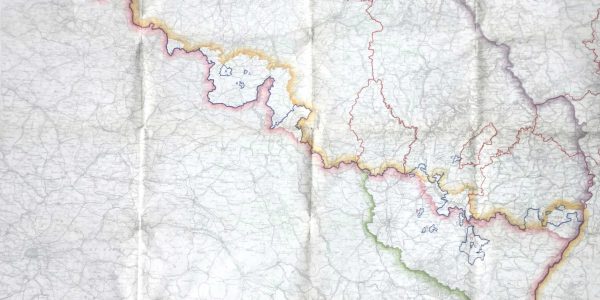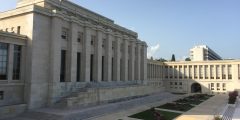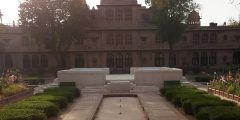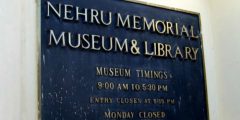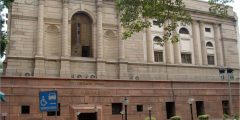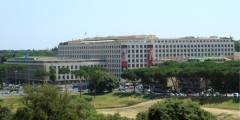Jeux avec frontières: a map of the historic borders of France prepared for the Paris Peace Conference in 1919
July 4, 2019
Cross-posted on the UoN Map of the Month blog. While preparing for a recent visit to the School’s map collection by members of the Charles Close Society, an unusual map of north-eastern France was uncovered in drawer B109 in a miscellany of war-related material that includes a Napoleonic map of central Europe, several World War …
Talking and researching European union in the USA
May 1, 2019
When attending large conferences, the lag times between abstract submission and the conference dates can often mean that papers morph as ideas evolve, or as the promised research takes an unexpected direction. Less commonly – at least when dealing with historical topics – it is due to the shifting political sands of the present. However, …
Tuskegee, Alabama
September 1, 2018
To walk into the archives of Tuskegee University is a reminder of the remarkable role which the institution has played in shaping the African American experience. As soon as you enter, the juxtaposition of that experience is visibly apparent; a story of both the spectacular vibrancy of black popular culture, but also the horrors it …
Palais des Nations, Geneva
January 1, 2018
Geneva is an enigmatic, slightly schizophrenic city. Despite its image as a dour citadel of Calvinist rectitude, a serious place for serious people, for much of the early 20th century the city had a much racier and more sinister reputation. During the World Wars, Geneva was home to an army of spies, criminals and dodgy …
Schomburg Center for Research in Black Culture, New York City
September 1, 2017
Located between West 135th and 136th street in Harlem, the Schomburg Centre is part of the New York Public Library (NYPL). The centre’s history is rooted in the 135th street branch, opened in 1905 as part of the enormous library construction programme funded by Andrew Carnegie. From the start of the 1920s the library became a …
A Princely Archive: The Ganga Singh Memorial Trust records, Bikaner, Rajasthan, India
April 1, 2017
The nation state monopolises many official archives. These include archives at the level of the nation (the National Archives of India, in New Delhi, or the UK in Kew, London), but also at subsidiary levels (the Scottish National Archives in Ediburgh, the Bengal archives in Kolkata, the Nottinghamshire County archives in Nottingham). Conferencing the International argues that …
The Nehru Memorial Museum and Library, New Delhi
March 1, 2017
Undertaking historical research in India presents the researcher with a more broadly familiar set of dilemmas: oral or archival history; popular or elite; published materials, commercial products, popular objects and social movements, or official documents, state repositories and the archive of power? These are, of course, false distinctions; the popular press tells us much about …
The National Archives of India
January 1, 2017
The National Archives of India in New Delhi, like the British National Archives at Kew in London, turn government into History. Minutes, memoranda, laws, reports, and inter-governmental circulars, designed solely for the purpose of colonial bureaucracy, now become the stuff of history making; a dauntingly huge Imperial Archive. A substantial body of scholarship exists on …
International Institute of Agriculture Archives, Rome
December 1, 2016
I recently spent ten days at the UN Food and Agriculture Organisation (FAO) in Rome, investigating the FAO’s forgotten precursor, the International Institute of Agriculture (IIA). The IIA was established in 1905 by David Lubin (1849-1919), a wealthy American businessman and agrarian philosopher whose name is memorialised in the FAO’s library. The IIA reflected Lubin’s …
British Parliamentary Archives, London
September 22, 2016
The Parliamentary Archives house the records of the House of Lords, the House of Commons and other collections relating to the running of Parliament. Visits are by appointment only and the staff were kind enough to have ordered in-advance some documents I had located via the online database, Portcullis. These included personal papers (Correspondence between …

